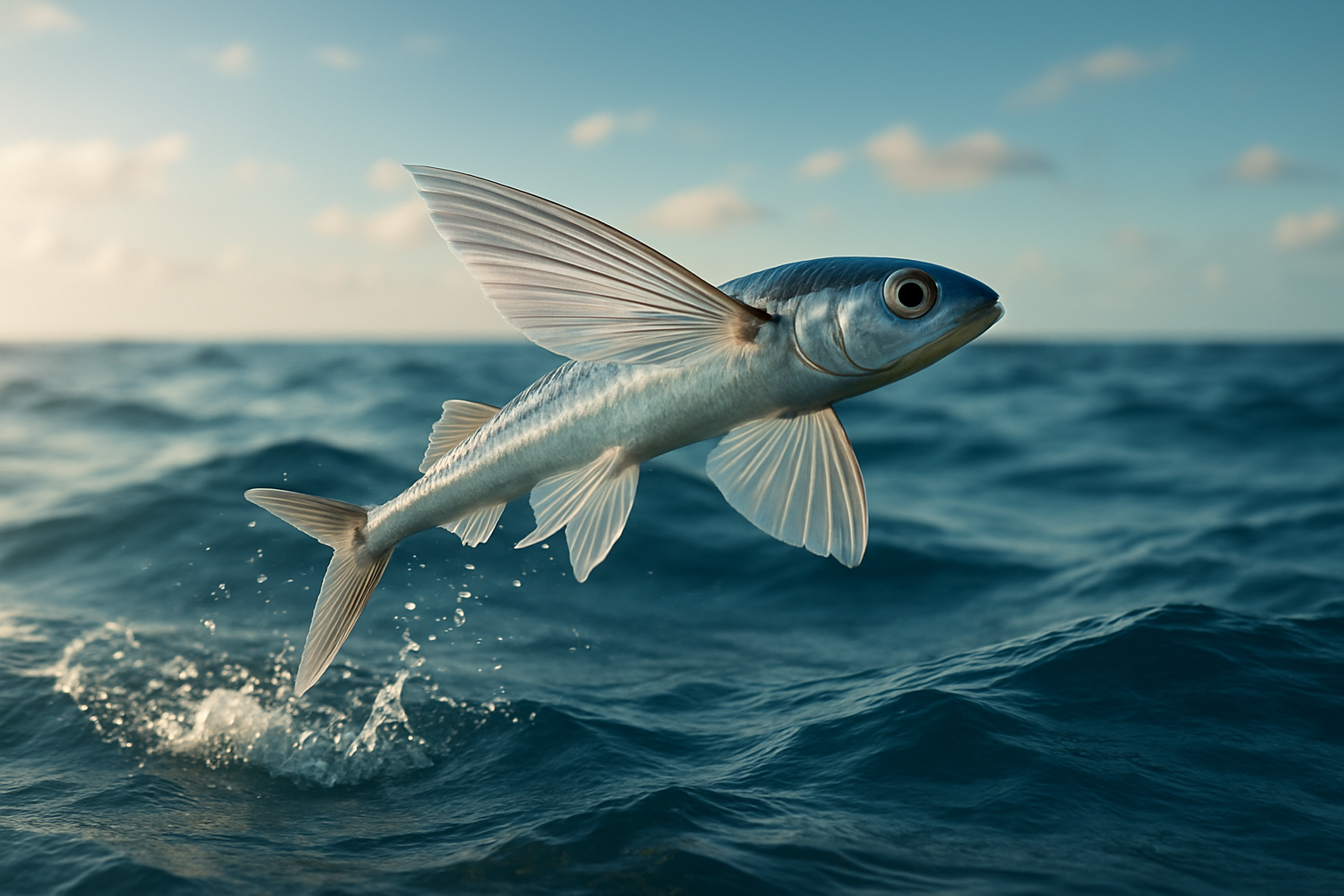The Surprising World of Cuttlefish Cognition
In the depths of our oceans, a remarkable creature with extraordinary cognitive abilities thrives. Cuttlefish, often overlooked in favor of their more famous cephalopod cousins, possess an intelligence that rivals some of the most complex animals on land. This article delves into the fascinating world of cuttlefish cognition, exploring their problem-solving skills, memory capabilities, and unique adaptations that have allowed them to become masters of deception in the marine environment.

The Cuttlefish Brain: A Marvel of Evolution
Cuttlefish possess a brain-to-body ratio comparable to that of dogs and primates, a surprising fact given their invertebrate status. This sophisticated neural architecture allows for complex cognitive processes, including problem-solving, spatial memory, and even rudimentary forms of self-awareness. Scientists have discovered that the cuttlefish brain contains specialized lobes dedicated to learning and memory, enabling these creatures to adapt quickly to new environments and challenges.
Recent studies have shown that cuttlefish can remember the what, where, and when of specific events, a trait previously thought to be unique to humans and a few other vertebrates. This episodic-like memory allows cuttlefish to make decisions based on past experiences, a crucial skill for survival in the ever-changing ocean ecosystem.
Masters of Disguise: The Cognitive Demands of Camouflage
One of the most remarkable aspects of cuttlefish cognition is their unparalleled ability to change their appearance. This camouflage skill requires a high level of cognitive processing, as cuttlefish must perceive their surroundings, analyze complex visual information, and rapidly adjust their skin patterns and textures to match.
Research has revealed that cuttlefish can create up to 14 distinct pattern types, each composed of 35 different components. This level of complexity in camouflage requires not only advanced sensory processing but also rapid decision-making and fine motor control. The cognitive demands of this ability have led scientists to speculate that camouflage may have been a driving force in the evolution of cuttlefish intelligence.
Problem-Solving Prowess: Tackling Puzzles Underwater
Recent experiments have demonstrated the impressive problem-solving abilities of cuttlefish. In one study, researchers presented cuttlefish with a transparent cylinder containing a shrimp treat. The cuttlefish quickly learned to enter the cylinder from the open end, showing an understanding of object permanence and spatial relationships.
More complex experiments have shown that cuttlefish can solve multi-step problems, such as navigating mazes to reach food rewards. These tasks require the cuttlefish to plan ahead, remember previous attempts, and adjust their strategies accordingly – cognitive skills once thought to be the domain of vertebrates alone.
Social Intelligence: Communication and Cooperation
While not typically considered social animals, cuttlefish display surprising levels of social intelligence. They engage in complex mating rituals that involve visual displays and strategic decision-making. Male cuttlefish have been observed using deceptive tactics to outwit rivals, such as displaying female patterns on one side of their body to distract competing males while courting a female with the other side.
Research has also shown that cuttlefish can learn by observation, watching and mimicking the behaviors of their conspecifics. This social learning ability suggests a level of cognitive flexibility that allows cuttlefish to adapt to new situations by leveraging the experiences of others.
Implications for Animal Cognition Research
The study of cuttlefish cognition is reshaping our understanding of animal intelligence and the evolution of complex cognitive abilities. These findings challenge the traditional view that advanced problem-solving and memory skills are limited to vertebrates with large brains.
As research in this field progresses, scientists are exploring the potential applications of cuttlefish cognition in various domains. For instance, the unique neural architecture of cuttlefish brains could inspire new approaches in artificial intelligence and robotics, particularly in the areas of adaptive camouflage and efficient information processing.
Conservation Concerns and Future Research
Despite their remarkable cognitive abilities, cuttlefish face numerous threats in the wild, including overfishing and habitat destruction. As we continue to uncover the depths of cuttlefish intelligence, it becomes increasingly important to protect these fascinating creatures and their ecosystems.
Future research in cuttlefish cognition promises to yield even more surprising discoveries. Scientists are developing new experimental paradigms to test the limits of cuttlefish problem-solving abilities, memory capacity, and social intelligence. These studies may not only enhance our understanding of cephalopod cognition but also provide valuable insights into the fundamental principles of intelligence across the animal kingdom.
The world of cuttlefish cognition remains a frontier in animal intelligence research, offering a window into the cognitive capabilities of invertebrates. As we continue to explore the depths of cuttlefish minds, we may find that these remarkable creatures have even more to teach us about the nature of intelligence and the diverse ways it has evolved in our oceans.





